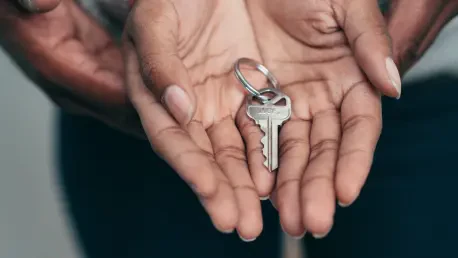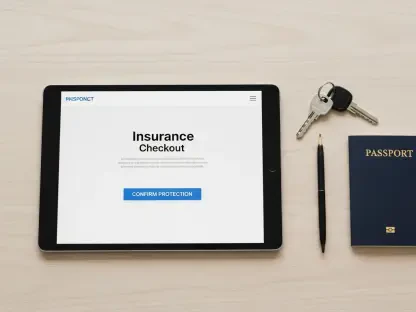Severe weather events can wreak havoc on homes, leading to urgent repairs that often leave homeowners in vulnerable positions. Navigating the aftermath of storms demands not only the restoration of property but also safeguarding against fraudulent contractors who prey on desperate situations. The immediate pressure to fix damages can make homeowners susceptible to enticing offers from seemingly trustworthy contractors. However, behind these promises can be deceptive tactics designed to exploit distress. Understanding the mechanisms of contractor scams, identifying red flags, and taking preventative steps is crucial for protecting one’s financial and personal interests while restoring living spaces to safety and functionality.
Identifying Fraudulent Contractor Behaviors
Homeowners need to be alert for common fraudulent behaviors when dealing with contractors post-storm. A frequent tactic involves contractors pressuring individuals to sign contracts on the spot without allowing time for proper insurance verification. These contractors may also falsely claim affiliations with government agencies or insurers to appear more legitimate. Refusal or hesitation to provide proper identification, licensing, or references should also serve as warning signs for homeowners. Unscrupulous contractors often aim to secure immediate cash payments, exploiting the urgency of repairs. To counter these strategies, it’s essential to contact insurance providers directly to comprehend the range and extent of coverage, as well as compare multiple estimates before committing to any contractor’s services.
Implementing Preventative Measures
Effective preventive measures are vital to counteract contractor scams. Homeowners must ensure they actively participate during damage inspections, as being present can prevent unauthorized additions to contracts. Before signing any agreement, it is critical to scrutinize the document to ensure there are no blank spaces that could be exploited later. Insisting on a detailed written contract with specified timelines and costs is another vital step. This document should clearly outline all aspects of the work and safeguard the homeowner against unexpected expenses. Additionally, never pay legitimate insurance adjusters for services already covered under a policy, as this is unnecessary and could indicate fraudulent activities. Verifying contractor credentials through licenses, references, and insurance coverages further protects against deceitful practices.
Financial Safety and Reporting Mechanisms
Financial safety is a significant concern after storm damage. The risk of fraud escalates when money is handed over hastily to contractors without verification. Homeowners should refrain from making upfront payments unless absolutely necessary and should verify any requested payments against their policy coverage. Fraudulent contractors may request cash payments first, under the guise of securing supplies or beginning work. Such requests should be approached with caution. An informed consumer should look for reporting mechanisms if fraud is suspected. Immediate outreach to law enforcement, insurers, or the appropriate Fraud Investigation Unit can lead to rapid resolutions. Anonymous reporting channels available through state mechanisms and agencies like the National Insurance Crime Bureau facilitate the submission of tips while safeguarding identities, thus bolstering consumer protection.
Building Awareness and Navigating Repairs Securely
Severe weather events can devastate homes, often resulting in urgent repair needs and leaving homeowners vulnerable. After a storm, restoring damaged property becomes a priority, but it’s equally essential to guard against fraudulent contractors who take advantage of these situations. The urgency to repair can lead homeowners to accept appealing offers from contractors who seem trustworthy. However, these promises may conceal deceitful practices aimed at exploiting distress. Recognizing the patterns of contractor scams, identifying warning signs, and implementing preventive measures are vital to protect one’s financial and personal interests. This involves staying informed about common scams, carefully scrutinizing contractor credentials, and being cautious about agreements and upfront payments. By doing so, homeowners can confidently restore their living spaces to safety and functionality. Taking these proactive steps ensures not only the physical restoration of the property but also the preservation of peace of mind during challenging times.









